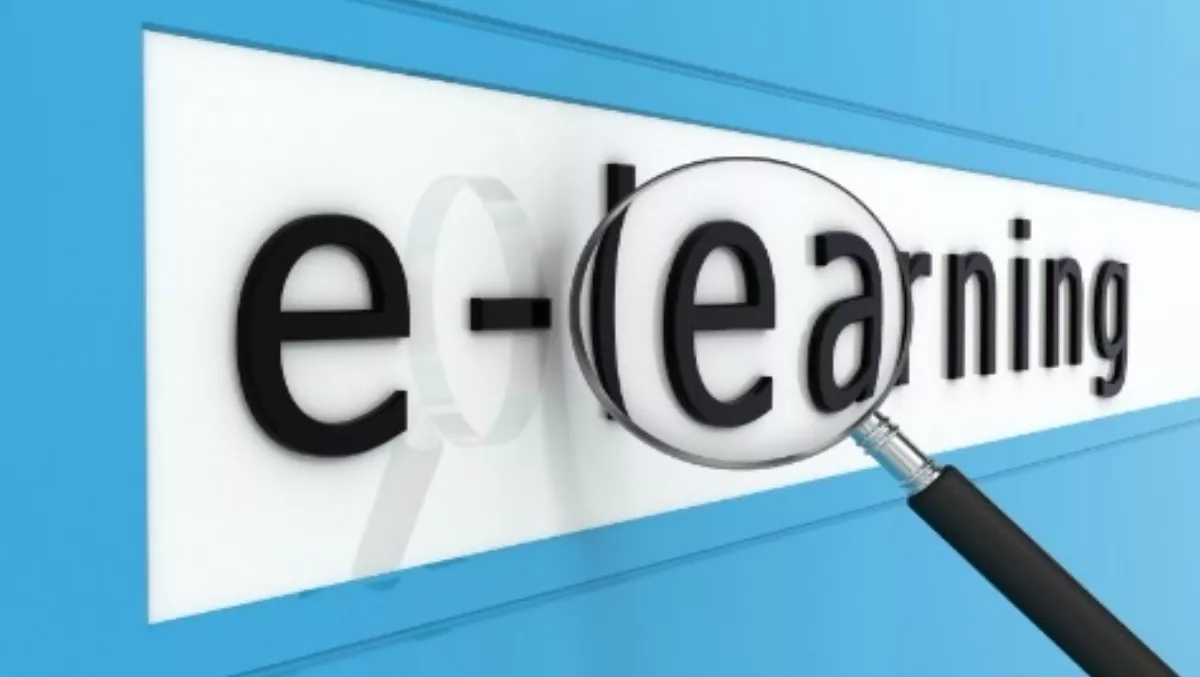eLearning is learning and teaching that is facilitated by or supported through information and communication technology. While the term covers a variety of activities, it focuses on how to use technology to promote effective learning.
Today, elearning trends are shaping schools and the way people learn. More prominent trends include mobile learning, Tin Can API, edugaming, and augmented reality.
The Ambient Insight Premium Report looked at the worldwide mobile learning market and highlighted the fact that successful e-learning strategies include mobile or increased mobile integration.
According to the report, the mlearning market will have an annual growth (CAGR) of 18.2% with global revenues hitting around $12 billion by 2017.
For a significant amount of time, SCROM was the e-learning standard for packaging e-learning content for a learning management system (LMS).
However, a new format called Tin Can API adds new functionality and is on the rise - it could soon be the new standard for learning record stores (LRS).
Tin Can API, also known as Experience API or xAPI, enables tracking of learning plans, goals, real world performance, games and simulations, and is more mobile friendly.
Studies show up to 80% of learners claim to be more productive when their university or teaching institution offers edugaming, which is the marrying of education and gaming.
According to various analysts, gamification, or using game mechanics to drive learning, is growing and developing in all sectors.
Ambient Insight's mobile edugame market report predicts a CAGR of 12.5% for the edugaming market until 2018.
The report found there is high demand for games relating to language learning, location-based learning and skill based learning.
Developers are already beginning to design educational game play around physical locations - this enables a user to receive real time, information tips, hints and advice about their environment/locations.
These augmented learning systems are already proving useful for various tertiary education providers as well as in the healthcare industry.
The success of augmented learning systems indicates they may take the place of virtual reality simulators.
Other trends impacting e-learning include personalisation, big data and automation, massive online open courses (MOOCs), and wearables.



